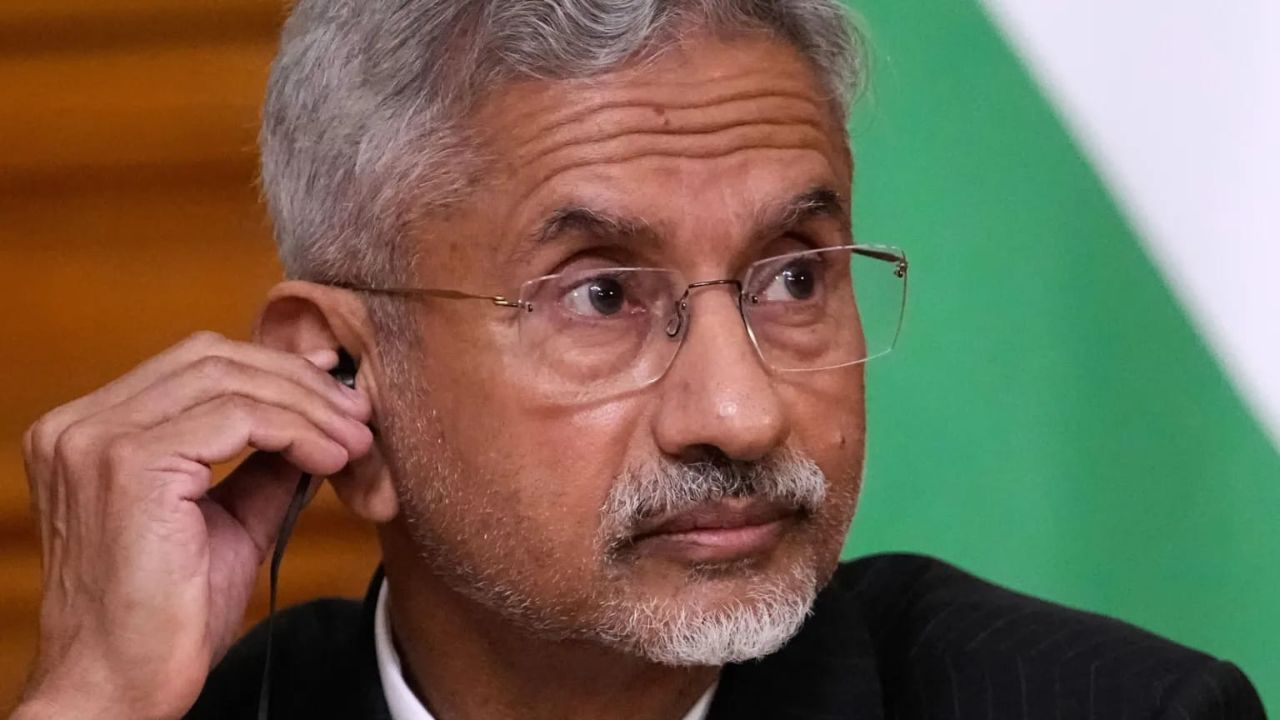The Indian government has strongly criticized a new U.S. visa policy that imposes a $100,000 (₹8.8 million) fee on fresh H-1B visa applications, warning that the decision could have “humanitarian consequences.”
The new rule, signed by President Donald Trump on Friday, is set to take effect on 21 September and marks one of the most significant cost hikes in the history of the skilled worker visa program — more than 60 times higher than current fees.
India Voices Concern
In an official statement on Saturday, the Indian Ministry of External Affairs (MEA) expressed concern over the impact of the policy on Indian professionals and their families:
“The fee will have humanitarian consequences by way of the disruption caused for families. We hope that these disruptions can be addressed suitably by the US authorities.”
The MEA also highlighted that the exchange of skilled workers between the two nations has “contributed enormously” to both economies and strengthened people-to-people ties.
Impact on Indian Workers and Families
Workers from India are by far the largest recipients of H-1B visas, making up just over 70% of all approvals in 2024.
The new fee applies only to new applications for workers outside the U.S. and not to renewals, a clarification the White House issued on Saturday.
Nevertheless, the sudden policy change has created major uncertainty for professionals, businesses, and students across the world. India’s leading tech trade body, Nasscom, called the move disruptive and warned that it could hurt both U.S. businesses and global talent mobility.
Business Reaction: A Rush to Return
Several major U.S. firms — including Amazon, Microsoft, and JP Morgan — reportedly advised their H-1B employees to stay within the U.S. or, if abroad, to return immediately before the new rule takes effect.
Amazon, in an internal advisory seen by Business Insider, instructed employees who cannot return before the deadline to avoid attempting re-entry until further guidance is issued.
Despite this, the White House clarified that the fee does not apply to re-entry for existing visa holders — only to new applications.
Trade Tensions Add to the Strain
This visa development comes against the backdrop of simmering trade tensions between Washington and New Delhi. Last month, Trump imposed punitive tariffs on India over its purchases of Russian oil.
The U.S. exported $41.5 billion worth of goods to India in 2024, while importing more than $87 billion — more than double that amount, according to the U.S. Trade Representative’s office.
India’s Commerce Minister Piyush Goyal is set to visit the U.S. on Monday for high-level trade talks, which are now expected to include discussions on the H-1B visa issue.
H-1B Program at a Glance
The H-1B visa program allows U.S. companies to temporarily employ foreign workers in specialty occupations that require “highly specialized knowledge.”
- Nearly 400,000 visas were approved in 2024, with 260,000 of them being renewals.
- Amazon was the largest recipient in the first half of 2025, securing 10,044 approvals.
- Tata Consultancy Services (TCS) ranked second, with 5,505 approvals.
The White House has argued that the visa program is often “abused” to undercut U.S. wages and outsource IT jobs, but it has left the door open for “case-by-case exemptions” in the national interest.
What’s Next?
India has not announced any direct countermeasure yet, but its statement indicates that the government will push for reconsideration of the policy and highlight the mutual benefits of skilled worker mobility.
For now, Indian professionals and tech giants are bracing for impact, as the sharp fee hike could significantly alter hiring plans and affect families who depend on the H-1B route for opportunities in the U.S


